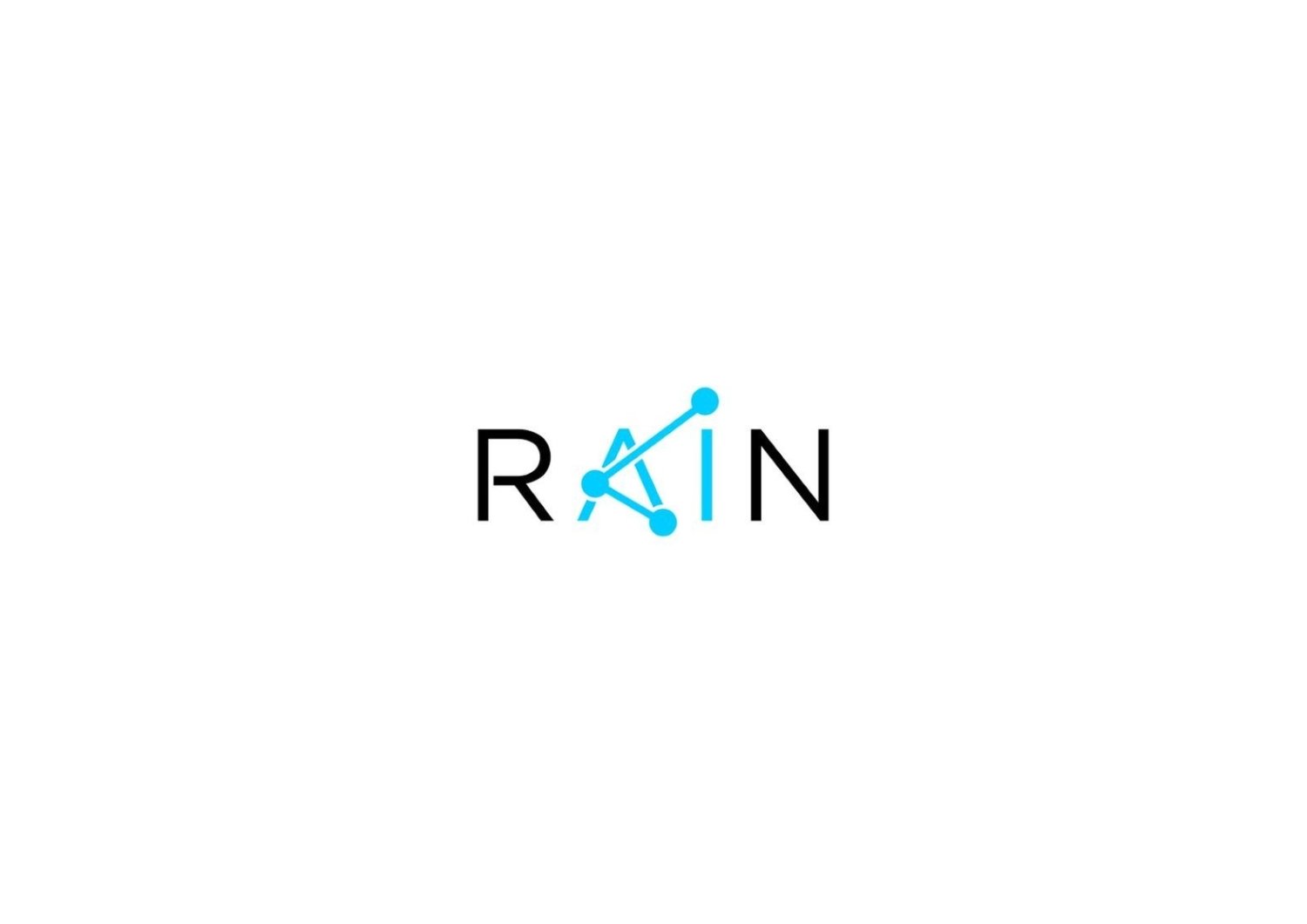In a surprising turn of events within the competitive AI hardware landscape, Rain AI, the ambitious neuromorphic chip startup backed by OpenAI’s Sam Altman, is reportedly seeking a buyer after failing to secure its latest funding round. This development highlights the growing challenges facing specialized AI hardware companies in an increasingly consolidated market.
Rain AI emerged as a promising contender in the race to develop brain-inspired computing architecture that could potentially revolutionize AI processing efficiency. Founded in 2019, the company attracted considerable attention for its innovative approach to neuromorphic chip design, which aims to mimic human neural networks more closely than traditional semiconductor architecture.
The startup initially benefited from Altman’s star power in the AI community, leveraging his backing to secure early funding rounds. Industry experts viewed Rain AI’s technology as potentially groundbreaking, offering a path to more energy-efficient AI systems at a time when power consumption has become a critical concern for large language model deployment.
However, the recent funding shortfall reflects the harsh realities of the specialized chip market. Despite the AI boom creating unprecedented demand for computational resources, investors appear increasingly cautious about backing new entrants in a field dominated by established players like NVIDIA, AMD, and custom silicon from tech giants like Google and Amazon.
Several factors likely contributed to Rain AI’s current predicament:
- The capital-intensive nature of chip development requires substantial ongoing investment
- Extended timelines for bringing novel semiconductor designs to market
- Growing consolidation within the AI hardware ecosystem
- Economic headwinds aare ffecting technology investment broadly
For AI startups and enterprises monitoring the computing landscape, Rain AI’s situation serves as a cautionary tale about the challenges of hardware innovation. While software development can iterate quickly, chip design requires longer development cycles and significantly more capital before reaching commercially viable products.
Industry analysts suggest this may trigger further consolidation in the AI chip space, with promising technologies acquired by larger players rather than independently developed. This pattern could potentially slow innovation but might accelerate time-to-market for advanced computing architectures.
As the AI race intensifies globally, access to efficient computing infrastructure remains a critical competitive advantage. Rain AI’s sale process will be closely watched as an indicator of how the market values specialized AI chip intellectual property in the current climate.
For those following AI infrastructure developments, Rain AI’s journey represents both the exciting potential and significant hurdles facing companies attempting to reshape the foundation of artificial intelligence computing.


